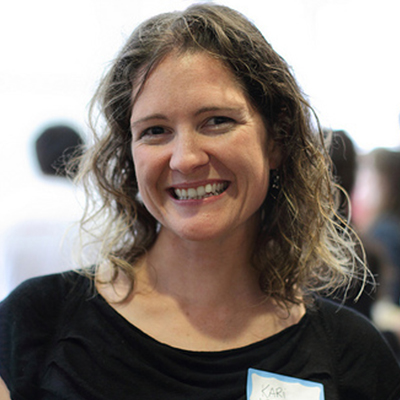


Patti Frazer Lock (St. Lawrence Univeristy), Robin Lock (St. Lawrence Univeristy), & Kari Lock Morgan (Penn State University)
Abstract
Algebra is hard. And most citizens of the world (even in STEM fields) will do very little algebra by hand, ever. In addition, according to the MAA’s report Common Vision, it is “the most significant barrier” to finishing a degree in both STEM and non-STEM fields. Are we part of the problem? Can we, and should we, be finding ways to teach Intro Stats or Intro Data Science in a more inclusive way that focuses more on data analysis and less on algebraic formulas? If so, how? Is it possible to teach a rigorous Intro Stat or Intro DS course with no algebra? If not, what’s the minimal skill set required? In this era of data science, might this answer be different than it was decades ago? These barriers are most acute for low income students, first generation college students, and underrepresented groups. If we truly want to expand opportunities for all students, reducing our reliance on algebra (both the content and the course) is one of the best places to start. We can begin by critical examination of our own field. We’ll share some ideas for diminishing algebraic barriers to student success, and provide plenty of opportunities for participant engagement and discussion.
